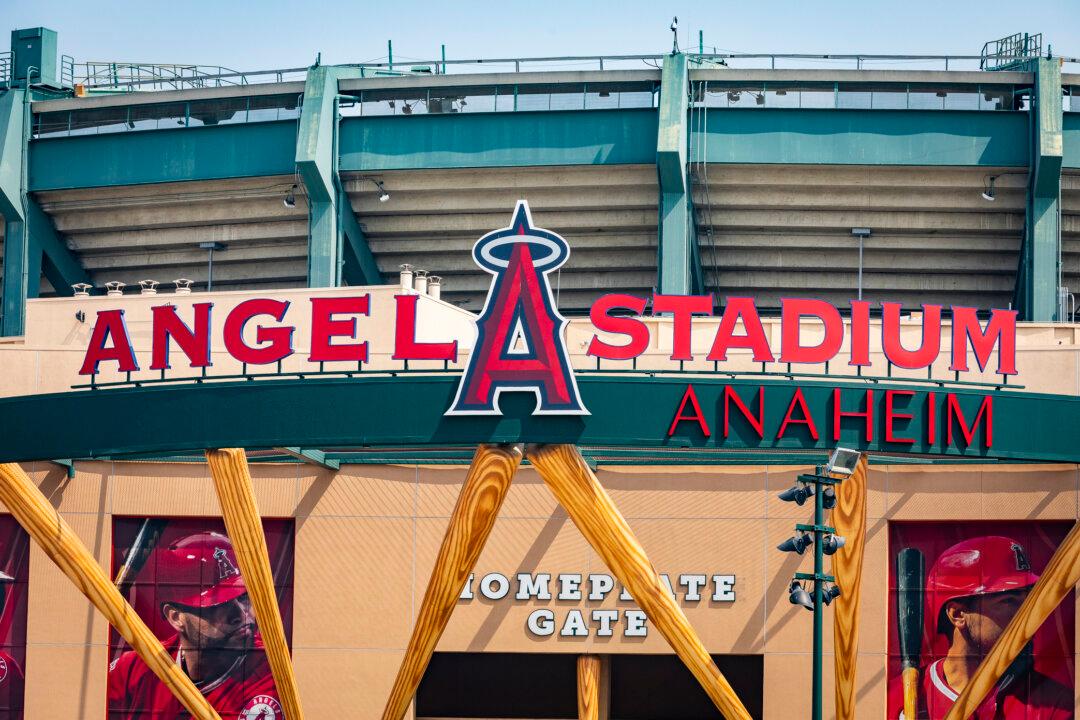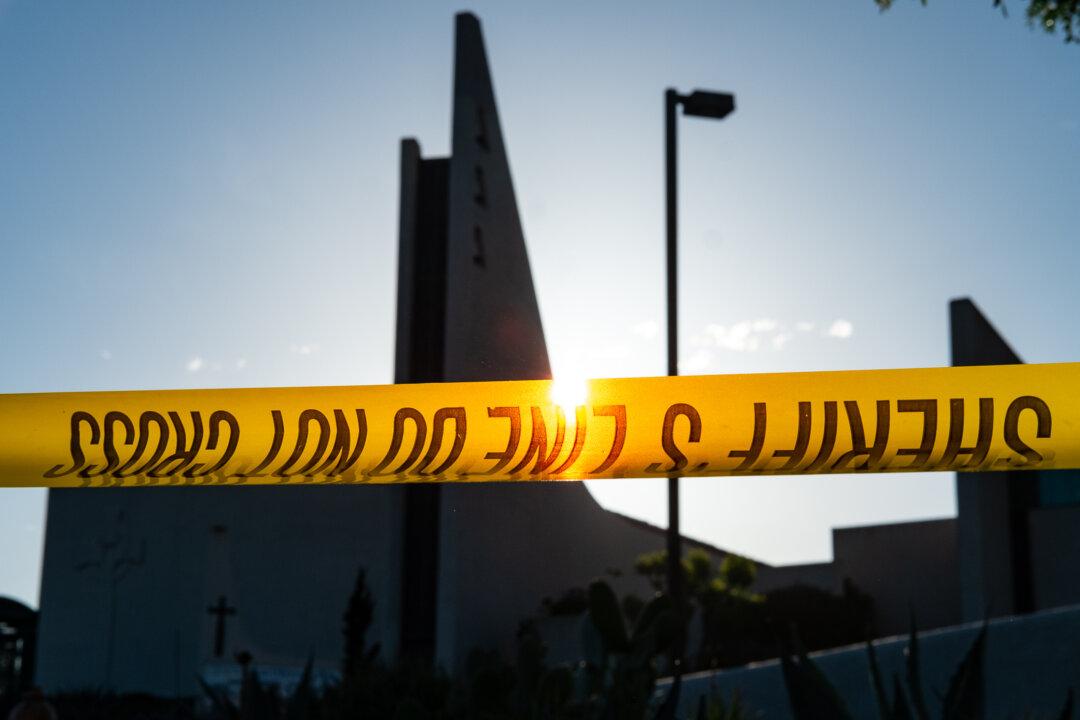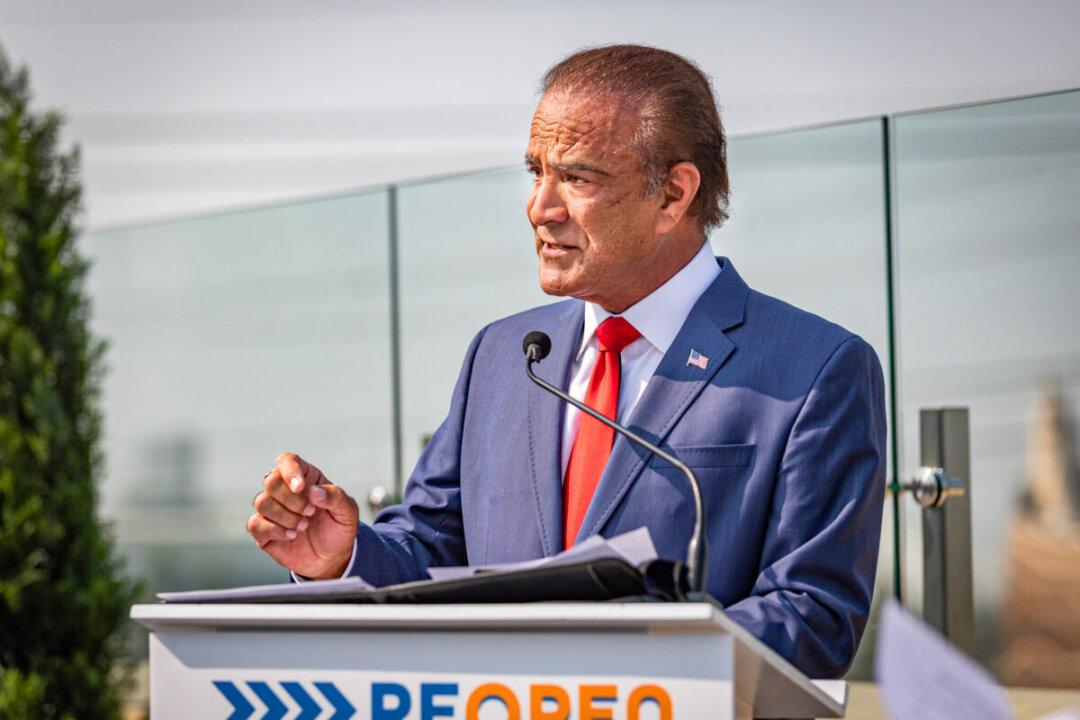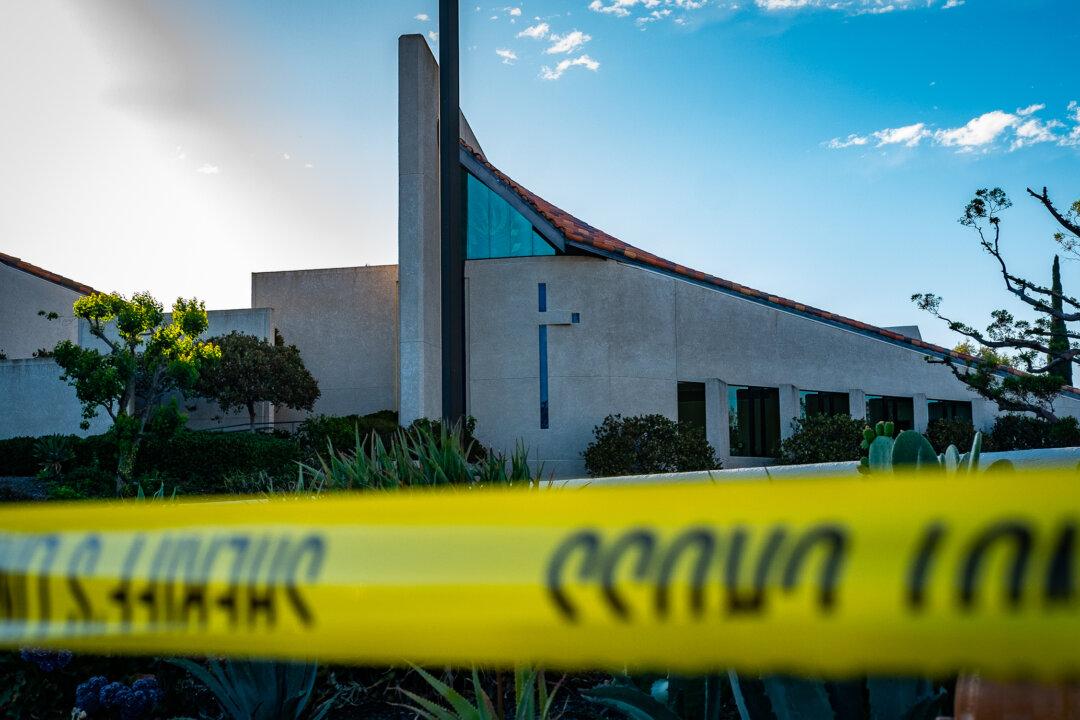ANAHEIM, Calif.—Anaheim planning commissioners advanced a proposal to lower the number of on-site affordable housing units at Angel Stadium this week following allegations from the state housing department that the stadium sale violated state law.
Commissioners approved a development agreement to allocate $27.7 million for 84 to 104 apartment units for low-income households on the property surrounding Angel Stadium during a 4–1 vote on May 9, with two members abstaining because of work or residency conflicts.




